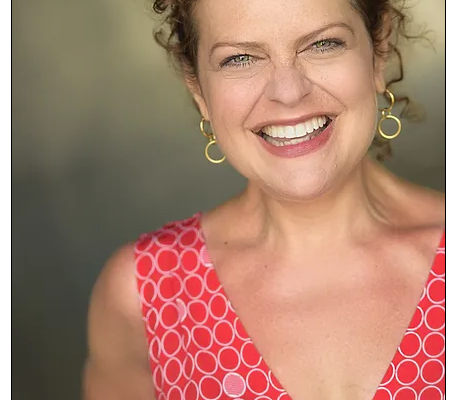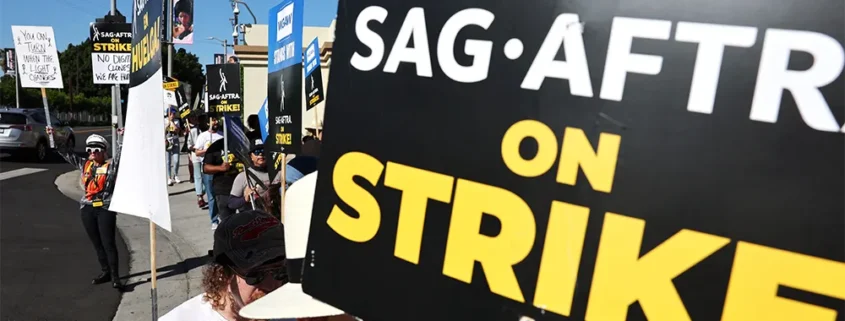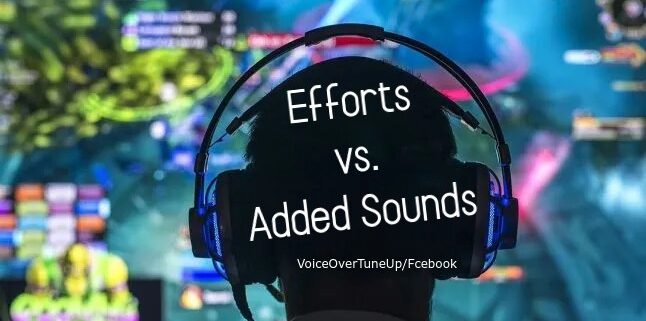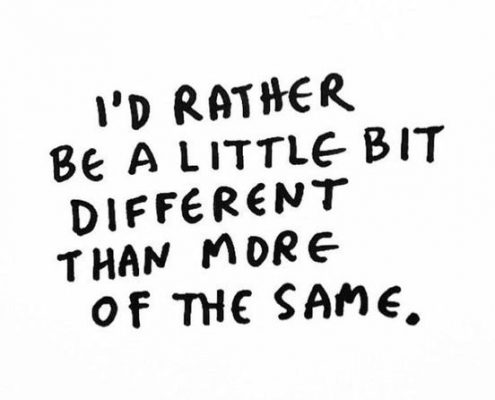What Should You Do Next Now That The Strikes Are Over
by Brette Goldstein, Casting Director/Producer
Strike has ended! Hooray!
Here are some helpful tips for getting things in motion over the next few weeks!
Make sure your casting software profiles are updated and fabulous. Casting Directors are more likely to view profiles on casting software platforms first, rather than take the time to investigate a large number of individual websites, so prioritize those used most frequently in your market.
Are your pics truly representative of who you are NOW? (After a few years, a global pandemic which may have included possibly homeschooling your children for the better part of a year or more…you catch my drift.)
Is your primary photo that your reps use the primary photo you’d like them to use? (This usually comes as a surprise to actors when they see what their reps are using as a primary headshot.)
Is your resume updated, easy to read, and free of spelling, punctuation, and grammatical errors?
Are you making smart, clever use of your bio box on Actors Access? What about the “About” line on Casting Networks? Perhaps more about that on a future blog. (Or check my IG reels..I know I’ve created a reel on that topic. It’s there on the grid somewhere.)
Does your Media truly teach US how to cast YOU? Is it a true reflection of where your Wheelhouse meets your Wishlist meets your Market? (Think about registering for my Way Beyond Type class at Actors Connection for more on this.)
Is all of your media – clips, reels, audio tracks, etc. – labeled well? If I am taking a look at all of your media at once, is it overwhelming in terms of quantity and/or vague labeling, or would I be able to go directly to the clip I need or am in the mood to see? (In my particular case/taste it will most likely always be a single-cam comedy clip.)
Do your special skills reflect your current proficiency?
Next!

Casting Director Brette Goldstein the the Author of this article
Be conscious, empathetic, and specific in your communication. Casting Directors are coming up for air post-strike. They’re also being inundated with “Hey! Strike’s over! Keep me in mind!” emails. Here are some tips on email communication:
Make email updates relevant to the recipient. For example, if you’re sending an email to a casting director that primarily casts network procedurals, they’re likely to be less interested in your latest commercial or VO demo reel. Send them what you think will inspire them to call you in for what they are casting now. This ultimately may mean segmenting your email list.
I would also recommend treating emails like postcards from way back when. You didn’t expect a reply to a postcard for the most part, right? I’d even kick it up a notch by closing your emails with a dash of empathy. You could say something to the effect of, “I know how busy you must be right now. Please don’t feel like you need to respond whatsoever. Just dropping a line to check in with you and touch base. Have a great Thanksgiving if we don’t connect beforehand!” Something like that. If you acknowledge that you’re not a fire that needs to be put out – knowing that our inboxes often feel exactly like that – and that there’s no need to write back, I can’t speak for others but I know I would write back if I had a few minutes! Why? Because you get it! Also, empathy rocks.
If you’re emailing a casting director, consider sending a self-tape or clip of something that shows that you work in the world of whatever they are casting.
Also, think long term when it comes to building relationships. The first thing that comes to mind for me is being smart when it comes to inviting industry to shows, readings, screenings, etc. Let’s say you’re doing a show downtown. A new play. You get through tech and first preview. It’s just ok. The writing is fine, but not fantastic and the cast is a little uneven. You’re great…of course you’re great! But there are some parts, including the set, that, well, aren’t.
Here’s my advice.
Tell the casting director that already knows and likes you that you just finished a run of a show but chose not to invite them to this one because you weren’t sure it would be their cup of tea. You just want to let them know you played a really compelling leading role in a recent production of a new play. You didn’t want them to come see a show that overall was a little uneven. You know they like your work and you want to respect their time.
That is a gift. And rarely, if ever, happens. Try it! It’s one great way to build and foster a professional relationship over time.
Next!
If you’re looking for representation, keep your eye out for agents and managers who have moved to new companies or started their own. Finding representation might be challenging right now. Reps will want to focus on the clients for whom they’ve been unable to get work due to the strike. There may be few reps that are champing at the bit to bring on new clients right now.
That said, it is very possible that folks got laid off during the strike and will be moving to new offices when work picks up, or even venturing out on their own. And guess who’s all over that? ACTORS CONNECTION! They will bring reps in for workshops and seminars. Look out for “New to this office!” in the workshop header. You’ll need to register quickly as these workshops are in high demand. I wouldn’t wait, though. And here’s why.
This is a generalization, but I think two things happen when we get a new job.
1. We are relatively excited about the opportunity and change of scenery.
2. We do what we can to “make it our own”. This may mean signing or freelancing with new folks. Also – and again, this is a huge generalization – many of us lose that initial glow and enthusiasm after a few months at a new job.
Register early for these workshops. They will fill up quickly, and once a rep has signed on new actors, they may need to take a pause and focus on their roster. Get in while the energy is high!
That’s my advice for now! Keep an eye on my IG @brettegoldstein. Lots and lots of tips there. Keep kicking butt and taking names! I’m on your side!








